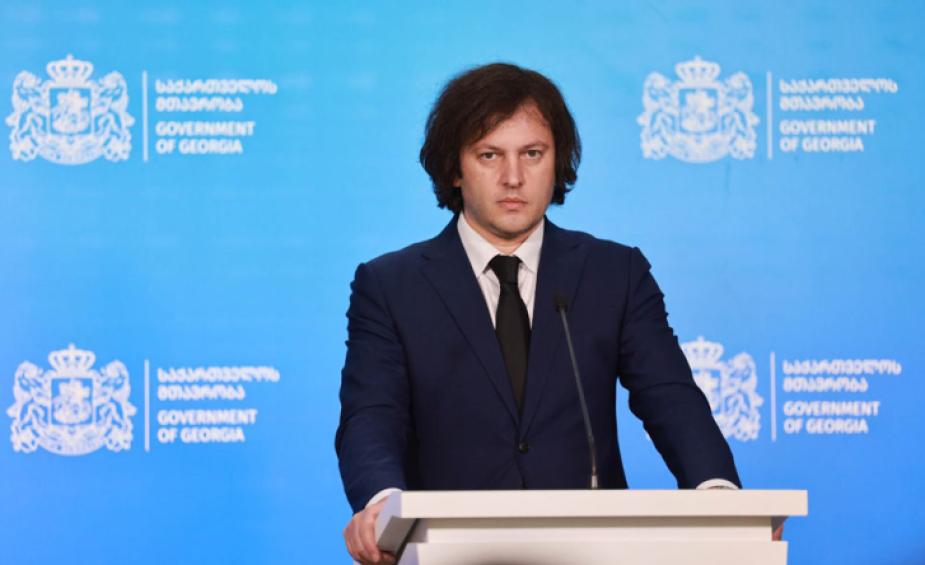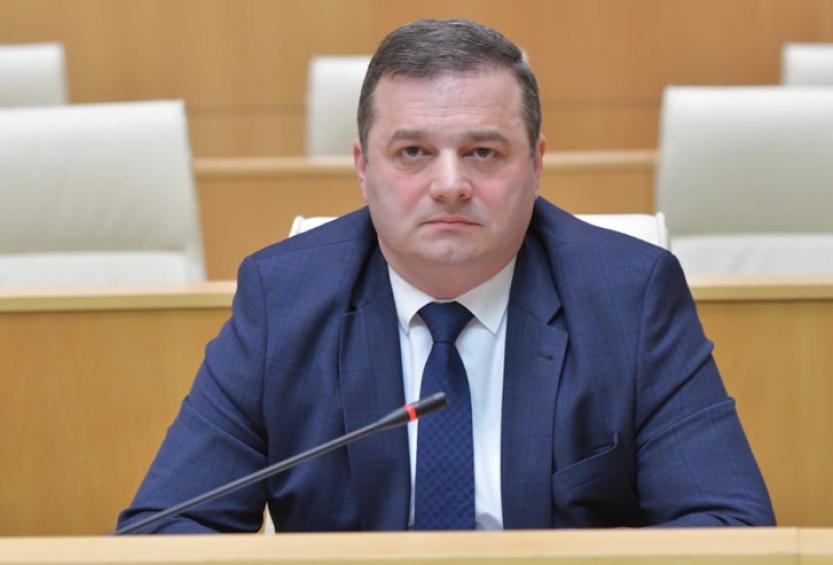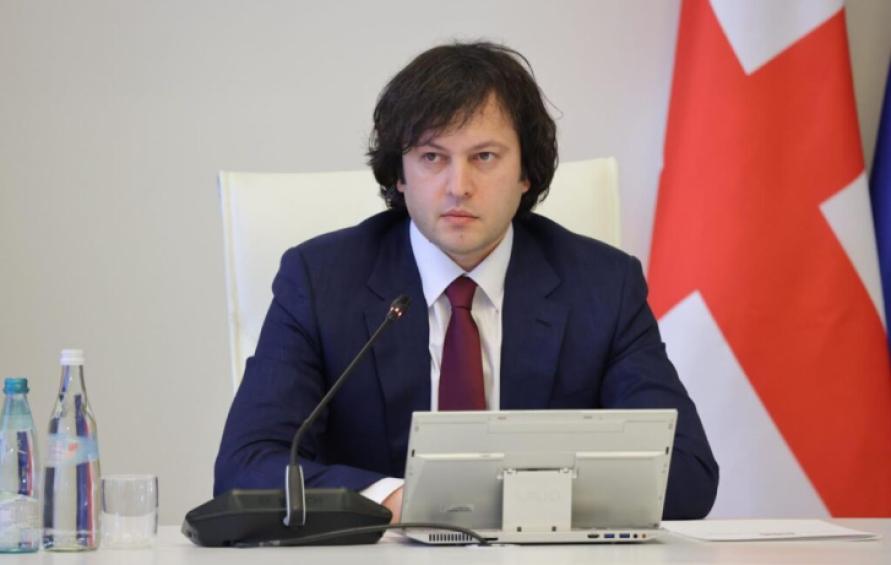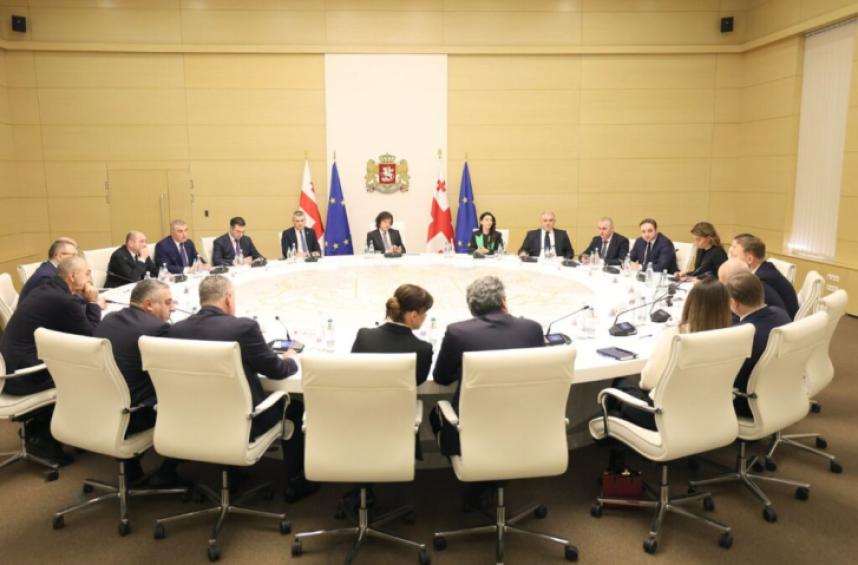13/05/2025
08:52
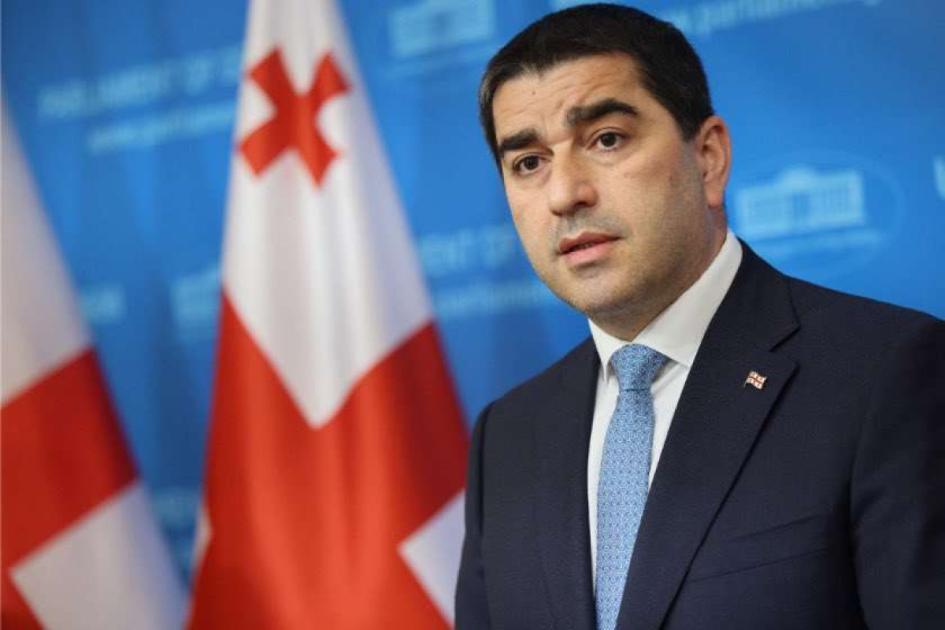
At the Conference of Speakers of Parliaments of EU Member States and Partner Countries held in Budapest, Georgian Parliament Speaker Shalva Papuashvili emphasized that cultural identity is central to shaping the future of the European Union, particularly in an era of geopolitical uncertainty.
“While other regions of the world continue to surpass Europe economically, grow demographically, and expand militarily, Europe's strength should lie in its shared cultural heritage, enduring values, and a compelling, unifying vision for the future,” Papuashvili asserted.
He cautioned against relying on narrow ideological frameworks to define the European project, arguing instead for a foundation built on long-standing civilizational values. “Europe’s future must not be based on artificial ideological constructs, but on principles that have stood the test of time. This vision must be inclusive—a dialogue, not a monologue. Unfortunately, we sometimes observe a one-sided approach from certain European institutions and countries, which attempt to impose a particular interpretation of what it means to be 'truly European.’”
Papuashvili criticized the notion that newer or candidate countries must be "trained" to meet arbitrarily defined European standards, suggesting it reflects an implicit hierarchy within the Union. “As a newcomer to EU politics, it is evident to us that there exists a tiered perception of ‘Europeanness.’ No one should hold a monopoly over European identity.”
He urged the EU to broaden its perspective to include voices from "wider Europe"—those with both ancient and modern roots in the continent. “Europe has always evolved. Its current institutional form, the European Union, does not fully encapsulate the breadth of European civilization. The EU must engage with all parts of Europe—new, old, and ancient.”
Highlighting Georgia’s deep historical and democratic traditions, Papuashvili reminded the audience that Georgia’s journey toward European integration is not a leap into the unknown, but a return to its rightful place. “Though we regained our independence only in 1991, Georgia has centuries of national governance and cultural development. Our parliamentary roots date back to the era of the Magna Carta, when we too began limiting absolute monarchy. In 1919, we established a democratically elected parliament, notable for electing five women MPs—a progressive milestone even by today’s standards.”
“For Georgia,” he concluded, “joining the European Union is not about joining an exclusive club—it’s a long-overdue homecoming.”
0
0




